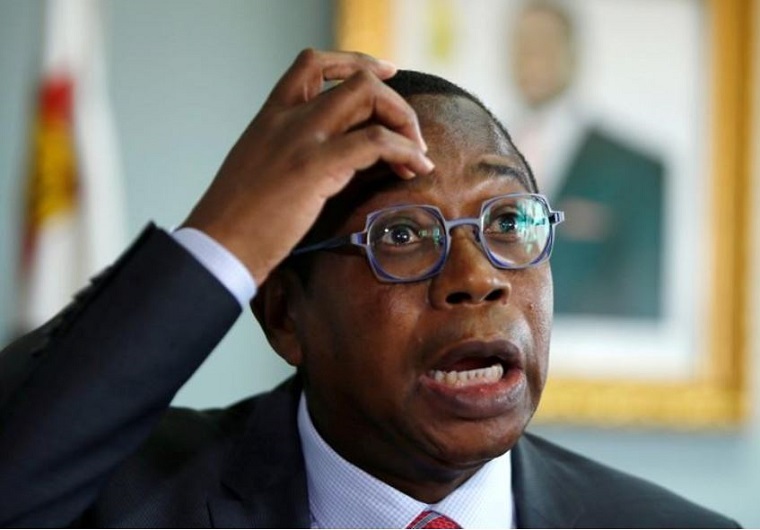Surely the signs of economic morass are plenteous and visible enough to jolt the authorities into action. Instead, they have often favoured propaganda of an economy on the mend, massaging facts with near reckless abandon.
Often economics boils down to numbers, ratios, percentages which for the most part are just that. Mere numbers and percentages which in reality have a minimal bearing on the life of the ordinary person.
The economic and political crisis repeatedly unfolding in Zimbabwe has a real human cost. Lives are being lost unnecessarily in public hospitals, strapped of even the bare essentials. On the streets, young people who cannot see a turning point in the midst of the drawn out Zimbabwean nightmare are increasingly turning to crime and other social ills like substance abuse.
This is the brutal reality masked in all the talk of budget deficits, high inflation, debt to GDP ratios, exchange rate distortions, and all other colourful economic statistics being bandied about in the country’s economic discourse.
The cost of a despondent, and dejected young population that has all but given up on all that Zimbabwe represents, is too huge to quantify. Long after the current government protagonists are gone, what remains of Zimbabwe`s economy will be plagued by these unquantifiable costs.
When it comes down to it, one gets the sense that there is just no real urgency and desire to effect the structural reforms needed to get the economy working again. Arrests that send a clear message that to both the “tigers and flies” – to borrow from the Chinese Communist Party`s parlance – that graft will no longer be tolerated have been nonexistent.
A look at Cabinet’s weekly decision matrix, paints a somewhat dreary picture of reactionary decision makers, seized with operational matters and not the all-important long-term strategic issues, that could have seen the country avoid the current power shortages, had decisive action been taken, say 5-10 years ago.
More importantly however, the credibility deficit government has is immense! And with each policy directive and public utterance, government does not seem to be doing itself any favours in restoring said deficit. As the year progresses, and government seeks a path to economic recovery, it has to not only choose the right policies, but also the best possible implementation of chosen policies.
However, with very little trust in government on the whole, support for the necessary reforms will be difficult to get, especially where short-term sacrifices are involved, while long term gains are less tangible to the man on the street.
As the year wears on, it remains to be seen how bumpy the ride will get, and more crucially how successfully the pilots will navigate the headwinds.-NewZwire
(317 VIEWS)


